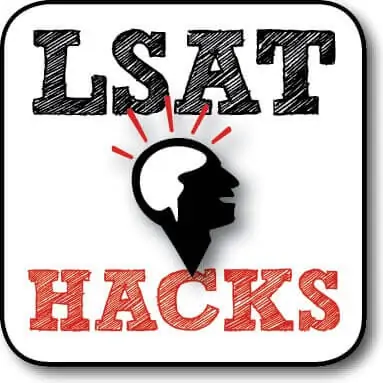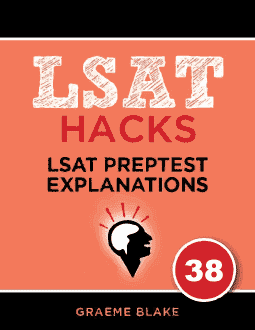QUESTION TEXT: Every year, new reports appear concerning the health risks…
QUESTION TYPE: Flawed Reasoning
CONCLUSION: For health-related guidance, experts are useless.
REASONING: Some articles on health claim that specific foods have benefits while other articles claim those same foods have disadvantages.
ANALYSIS: The argument’s evidence doesn’t say that the studies contradicted each other. Instead, one study claim a benefit (e.g. more alertness) while another study claimed a downside (e.g. higher cancer risk.)
The “conflicting” studies did not claim whether coffee was good or bad overall. They just mentioned a specific benefit and a specific drawback.
___________
- Coffee is just used as an example to show how expert advice can seem contradictory.
- The argument is just making a statement about whether expert advice is reliable. It doesn’t matter whether we want it or not: that won’t change how reliable expert advice is.
- The conclusion is restricted to experts’ health claims.
- The argument claims that expert opinion is untrustworthy.
- CORRECT. Perhaps coffee lowers our risk of cancer but increases our risk of heart disease. It’s possible for something to be both good and bad.

Free Logical Reasoning lesson
Get a free sample of the Logical Reasoning Mastery Seminar. Learn tips for solving LR questions


Hi there. I had trouble with this one because I found (what I thought) was another flaw in the argument and couldn’t quite get over the fact that it did not make sense without that assumption.
Who is to assume that anyone that writes an article is an expert? I never do!
Do you have any advice on how to deal with situations like this? I got the right answer, it just took me longer to get there because I was stuck on the idea of the “expert” and started to convince myself that C might be trying to get at that. What do you recommend doing when you are in a situation that
It’s very important to “pre-phrase” your answer (that is, to make an educated guess on what the correct answer will be before going to the answer choices) in the majority of cases on the LSAT. However, it’s also very important to not get too caught up in your pre-phrase, i.e. to not be open-minded to the possibility that your pre-phrase won’t be at all associated with the correct answer choice.
To avoid falling into the trap you’ve talked about here, you can do the following: if you find yourself trying to “fit” your pre-phrase into an answer choice in a way where you really seem to be stretching, and you notice that there are other things that are off/wrong about that answer choice, go back to the answer choices without your pre-phrase in mind (only keep in mind the broader nature of the gap between the conclusion and the premises), and consider the possibility that the correct answer might not be associated with your pre-phrase.